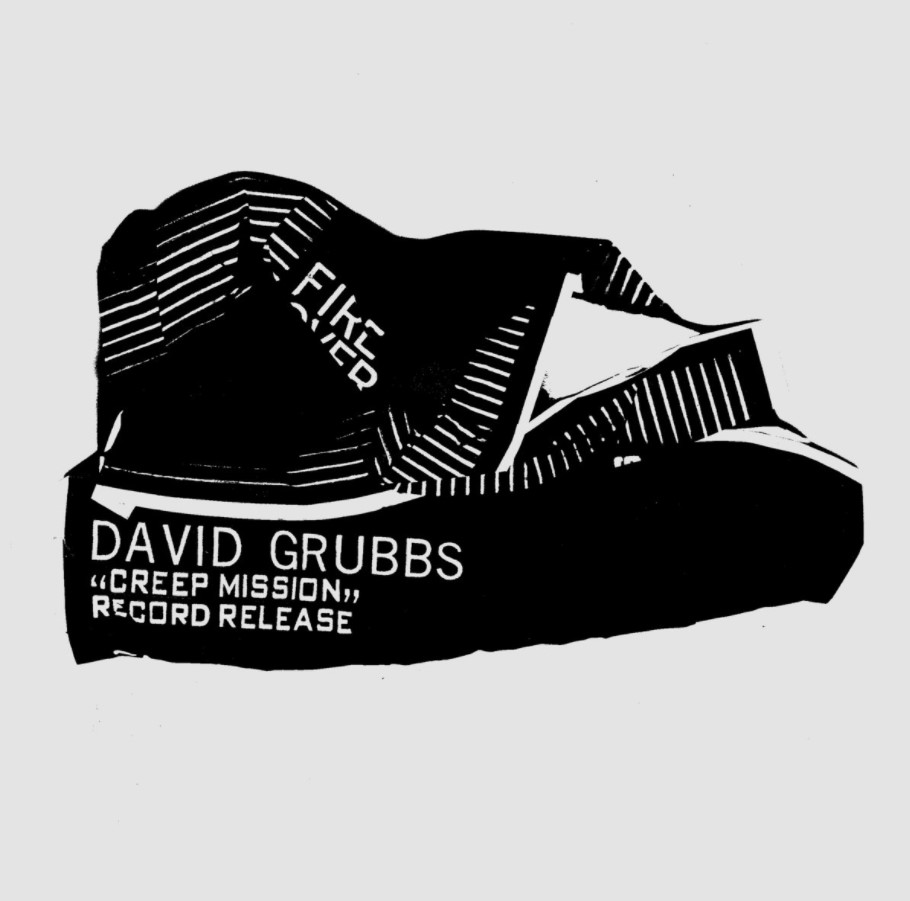The record opens with “Unfinished Business,” a tender, finger-picked acoustic ode that quickly shifts without warning into an aggressive, coming-undone-at-the-seams chorus and closing with a full band (all the members still being Grace).
In less than two minutes’ time, Grace manages to take the listener from coffee-house folk rumination to the amplifier-buzz edginess of a basement practice room. On songs like “Unfinished Business” and “Apology (Baby Don’t Go),” this shift in tone works; it’s almost as if Grace wants to thump on your heartstrings while keeping you poised on your toes.
On other songs, the shifts are not always pulled off as well, or with as much sense of purpose.
The lo-fi, country-and-western streak of “Sweetie-Pie” flows right into “Love and War,” a catchy, almost Buckley-esque pop-rock number that knows where to place all the right hooks and bridges. Listening to the sometimes-subtle ways that rhythm guitars, vocals, and bass bulk up the song, it’s clear that Grace knows his way around the studio. Unfortunately, Grace takes us from this into a ballad that’s – for lack of a better word – just too obvious.
On “Caroline,” the record’s fourth track, Grace’s piano almost hints at the Tom Waits of Closing Time. But Grace’s voice is not as unique, lyrical, or enrapturing as Waits’, and the song’s borderline cliches slow the pace that Midwest/Italia tries to set.
Oddly enough, the ballad is followed by two of the best songs on the record, the almost jubilant pop-rock “Christmas Song” – which features a great backing line from organ – and the understated “The Longest Drive.”
The former is a guilt-free toe-tapper, the type of well-produced pop nugget you might hear in the background of a movie like Kevin Smith’s Mallrats. The latter is one of the most conversational and casual songs on the record, abandoning Grace’s broken-hearted refrains for a wonderfully vague narrative about driving home from Chicago.
The recording on the song is complimentary to Grace’s talents without sugar-coating the proceedings or forcing them down the listener’s throat. It’s not until halfway through that you can start to pinpoint just how much of the song has been carried along by a background consisting of piano punctuation and bass.
Grace rides that high right through the next few songs. “Apology (Baby Don’t Go)” moves between somber rumination and aggressive barn-burner. “Frozen Lake/Stillborn” is the most abstract of Organ Donor’s acoustic selections, burying two very different sections on solo guitar behind found sounds and a sharply edited dose of what could be called white noise. “Winter Song” is more straight-forward and poppy than its immediate predecessor, but makes incredible use of an e-bow.
Then the record sort of falls apart. Grace’s album-closing take on the Morrissey-penned “I Know It’s Over” is interesting, but just doesn’t fit with the songs that precede it. Where the rest of Midwest/Italia moves between full band recordings and solo acoustic pieces, “I Know It’s Over” is defined by its cold, repeating measures of electronic drumming and swells of synthesizer.
Grace’s voice, which in its finer moments hints vaguely at a young Thom Yorke, sounds too produced and distant on the record’s last track. Through the layers of reverb, it’s almost impossible to hear any words but the repeating phrase, “Oh mother, I can feel the soil falling over my head,” and it isn’t until the last minutes of the song that Grace lets loose and begins really belting out the vocals. Sadly, the track is among – and feels like – the record’s longest.
Organ Donor is treading in pretty familiar territory on much of Midwest/Italia, and it should go almost without saying that the record does its best to reinvent the sounds and sentiments in some of that territory.
While the odd shifts in tone can sometimes be a distraction for the overall feeling of the record, there is some truly engaging and emotional work on Organ Donor’s full-length debut. It’s a well-done full-length debut, but it could have been a tremendous EP. – Delusions of Adequacy, April 14, 2003
-30-




